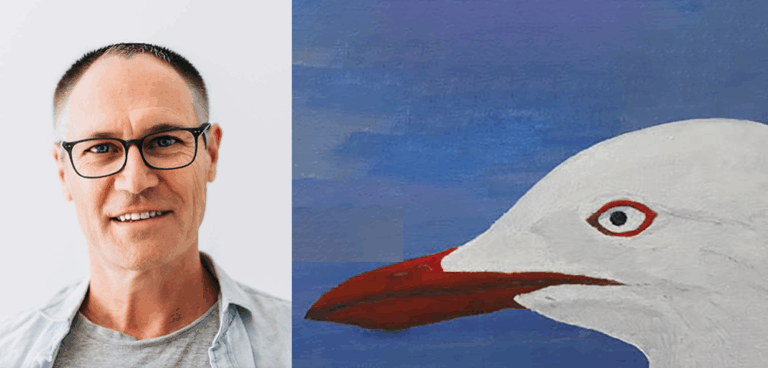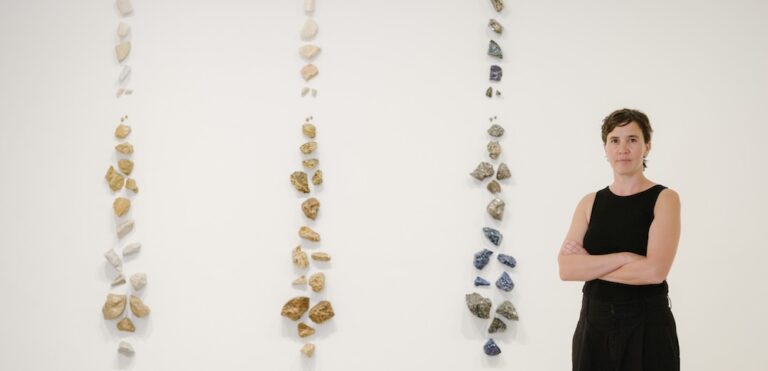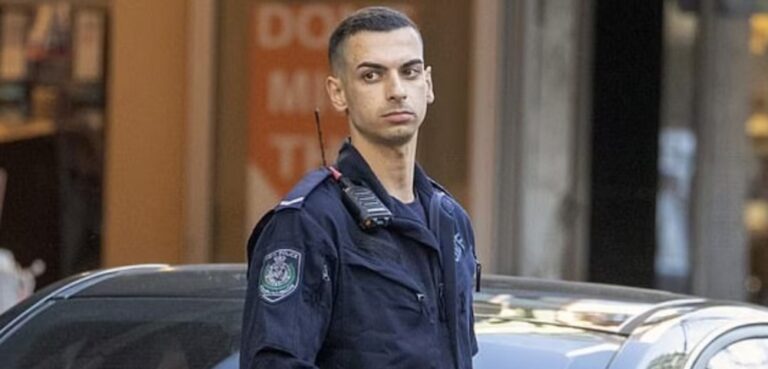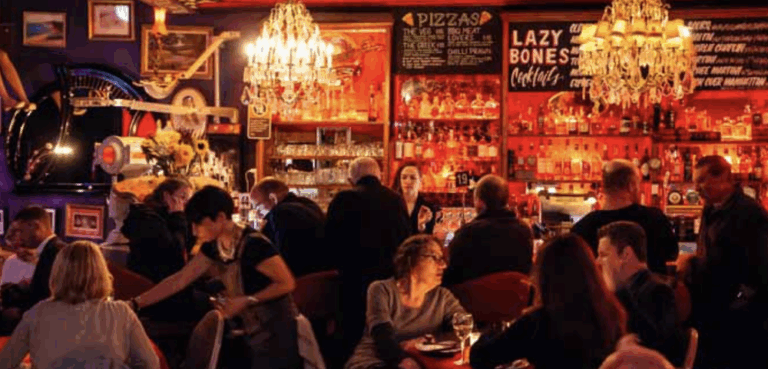
Sex workers rally for equal rights on International Whores Day

BY ALEX EUGENE
Sex workers and supporter rallied for equal rights outside the World Bar, Kings Cross in early June for International Whores Day. People lit up the street with a suite of red parasols, the globally recognised symbol of sex worker rights.
Jules Kim, the CEO of Scarlet Alliance, the Australian Sex Workers Association said “International Whores Day is an opportunity to celebrate our community and demonstrate sex worker pride. It also provides an opportunity to draw attention to the discrimination and human rights violations that sex workers face daily.”
Despite being decriminalised in Australia, there is still widespread stigma surrounding the industry, with conservative councils refusing applications for brothels to operate their businesses.
As Barbarella Karpinski, a writer on sex work, arts, film and queer culture says succinctly, “sex is a job for many, and it is work that deserves union and industry rights as all workers of the world do.”
Jo Haylen, the Labor member for Summer Hill is a long time supporter of local sex workers. She recently spoke at a discussion panel held by the University of Technology entitled “Sex Work – Solidarity and Justice”.
“I was proud to be part of maintaining a clear system of decriminalization of sex work in NSW,” she said.
“NSW is a world-leader in its approach to sex work. Since the Wood Royal Commission, we have known that the best outcomes for sex workers and the broader community is when we manage sex work through a health and social lens and keep police out of the equation.
Ms Kim agreed that decriminalising sex work is the right policy, to ensure that workers are treated fairly.
“There is a misconception that stigma, discrimination and criminalisation are simply a part and parcel of sex work.
“In fact the opposite is true- sex work is best regulated under a decriminalized framework. Under decriminalisation sex work is regulated as work, not as a crime. Currently in NSW we don’t have anti-discrimination protections for sex workers. It is important to have anti-discrimination protections for sex workers to address the pervasive stigma and discrimination against us,” she said.
Ms Haylen said sex workers should inform the politics around their industry, not politicians.
“When we talk about sex worker rights, the most important thing is that we listen to sex workers themselves. A paternalistic approach that assumes to know all the answers fails everyone involved,” she said.
NSW Greens MP Dr Mehreen Faruqi MLC also spoke at the forum and echoed Ms Haylen’s comments.
“It is so important to hear first-hand experiences directly from sex workers. Too often in the media and in the public realm, sex workers are denied a voice and people try and speak on their behalf, often with an agenda,” she said.
“Sex work is work and sex workers have the same rights as every other worker – the right to safety, the right to a fair wage and the right to not be exploited.”
Dr Faruqi praised the work of the Scarlet Alliance, and was supportive of normalising sex work as part of life.
“Sex work is part of our society and the more we keep it in the shadows, the more we put workers’ safety at risk. We must start talking about it openly to remove the stigma and discrimination and afford the same respect to sex workers that others in the community have,” she said.
“Organisations such as the Scarlet Alliance and the Sex Workers Outreach Project have spent years campaigning for solutions to the problems facing sex workers.
“It is time to start paying better attention, and let sex workers’ own knowledge and insight provide a guide to what needs to be done,” she said.
“It’s important for all of us to challenge the regressive, dominant paradigms around sex work,” said Ms Kim.
“Once you unpack the whorephobia that we are all subject to, you realise there are no bad whores, just bad laws!” she said.









